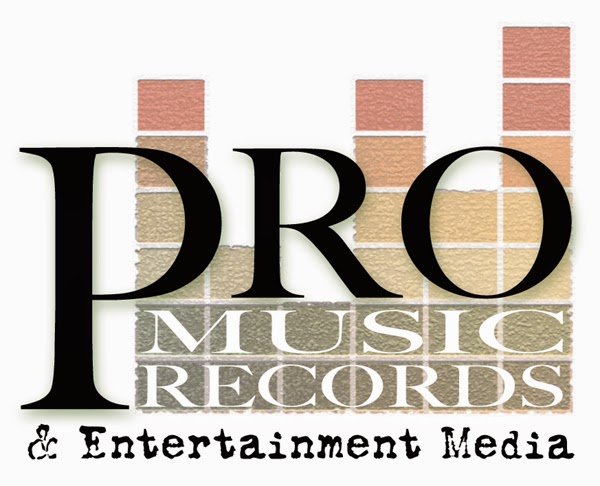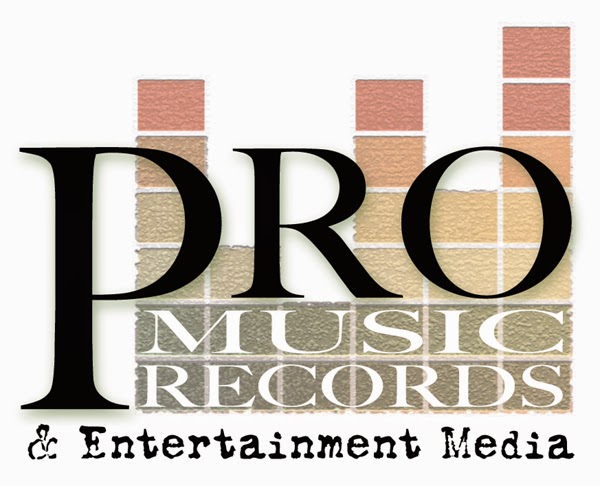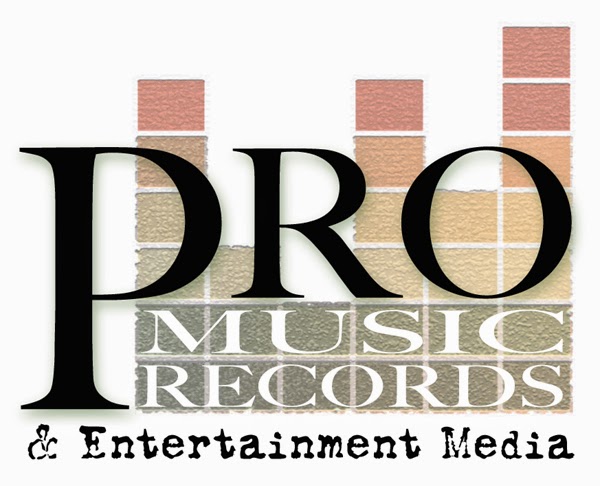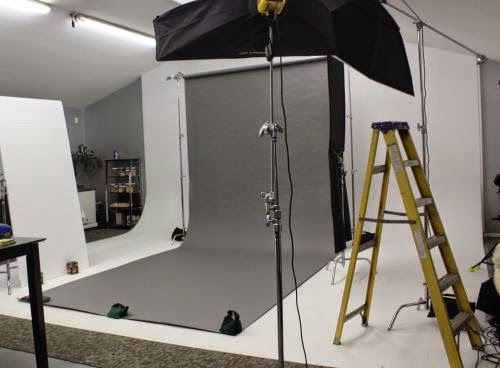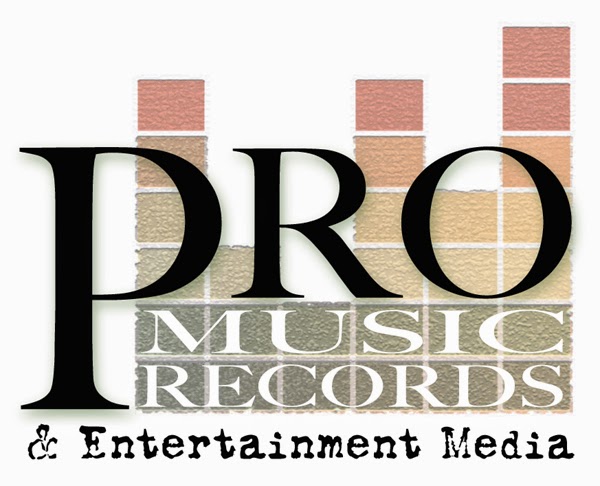Ever wonder why some talented local musicians never get that elusive record deal? Or why the careers of some signed artists or American Idols stall out just past the starting gate? It’s not just “bad luck.” Here are 20 common reasons why some artists never make it to the next level:
1. Poorly-defined goals. Even if they’re too modest to say so in public, successful artists have a solid answer for the question: “What are your goals in the industry?” (Need help with goal setting? Check this out.)
P.M.R & Entertainment Media Services
2. Band members with different goals. In order to succeed, you have to be on the same page. It’s tough to stay on track if some band members know what they want and others want different things or don’t know what they want at all.
3. Lack of musical focus. Creativity is good, but in the mainstream music industry, only artists with multiple past successes have leeway to gravitate toward other musical styles. Here’s why: Different musical genres involve different networking contacts and working methods. Artists whose styles are too diverse have difficulty achieving consistent contacts and working methods…and it takes consistency to break a new artist. (Newsflash for artists who think playing a lot of different styles makes them unique: it doesn’t. We see artists with this “unique” talent all the time. In fact most artists can play or sing in more than one style, but publicly they focus on one they do best.)
4. Poor work ethic. The old saying that harder you work, the “luckier” you get is true.
5. Waiting to be discovered. People who are “discovered” make it happen instead of waiting.
6. Ineffective artist management, or not listening to good management. It sounds simplistic, but it’s where many artists go wrong. In order to be effective, your management has to know what they’re doing. And if you have good, experienced management but don’t follow their advice, they can’t help you.
7. Working with people who don’t have contacts in the industry at the next level. Ideally, the people you start with should be constantly building better skills and contacts along the way. If that doesn’t happen, you’ll need to work with people who have contacts at the next level.
8. Signing with a label with inadequate funding or poor distribution. If you want a record deal, the goal isn’t “a record deal.” The goal is the record deal with the most potential for long-term success.
9. Lack of a live following. Especially in rock and country, no draw means no deal.
10. Artist “settles” too much; recording quality, image, stage presence, photos, and demo packaging, and overall presentation are all just “OK.” Successful artists are more than just “OK” and never settle. Nor do their managers.
11. Poor networking skills. Successful artists constantly seek new networking methods and know how to use them.
12. Hanging onto ineffective band members. Many artists have trouble separating business and friendship, at the cost of their careers.
13. Dated musical style. (Sounding like 1990’s Pearl Jam or ‘NSync probably isn’t going to cut it.)
14. Dated image. If you still dress the same way you did 5 to 10 years ago or have the same hair style, it’s
time to freshen up. If you’re fond of the clothes, wear them on your own time–not when you want someone to invest money in your music being the hippest, happening thing since sliced bread.
15. Lack of radio-friendly songwriting (or lack of access to radio-friendly original songs). No hit potential, no deal.
16. Bowing to peer or family pressure not to change. Doing the same thing, the same way, brings the same results. So in order to improve something, change has to occur; it literally can’t stay the same. Change isn’t necessarily a bad thing: if you put icing on a cake, the cake changes but is still the same underneath. If it’s bad icing or you do something stupid when frosting it, the cake falls apart. (Fortunately, that doesn’t happen too often.)
17. Drug or alcohol issues. Many artists with easy access to drugs, alcohol, and groupies at the local level have the distorted impression that they’ve “made it” and lose motivation to go any further.
18. Spouse / child obligations. Putting together an entertainment career is expensive and requires a major time commitment. The same is true of spouses and children. We’re not saying it’s impossible, but it’s definitely more difficult.
19. Impossible to work with. Being impossible to work with doesn’t always mean the artist isn’t a nice person; we know one very nice artist who has had seven managers in the past ten years. We like this artist just fine as a person, but in order for a team to become successful, it needs time to gel. With a rotating litany of band members, managers, and agents, that’s not likely to happen.
20. Not understanding how the industry works. You have to know how the game is played in order to move the right pieces.
P.S. If you aren’t satisfied with just having a music hobby and
you want to be a successful musician, you need to check out the
New Music Economy NOW!
 Soundcloud: This service offers free accounts for only two hours of upload time and then an up-front payment is required. Extended accounts or even unlimited ones offer more uploads, analytics and let users highlight five songs at the top of their profiles. It does not pay directly for streams which makes it a better tool for sharing rather than selling. Links to sites that offer your music for purchases, however, can be included on your profile.
Soundcloud: This service offers free accounts for only two hours of upload time and then an up-front payment is required. Extended accounts or even unlimited ones offer more uploads, analytics and let users highlight five songs at the top of their profiles. It does not pay directly for streams which makes it a better tool for sharing rather than selling. Links to sites that offer your music for purchases, however, can be included on your profile.  Pandora: One million plays on this site can result in about $1,370. This money does have to be divided among performers, songwriters and labels, but still makes more money than song plays on terrestrial radio. Music must already be on iTunes or Bandcamp in order to be posted to Pandora.
Pandora: One million plays on this site can result in about $1,370. This money does have to be divided among performers, songwriters and labels, but still makes more money than song plays on terrestrial radio. Music must already be on iTunes or Bandcamp in order to be posted to Pandora. iTunes: The dominant distribution service for music, iTunes relies on downloads as opposed to streaming. It can be costly to upload songs to the site, especially if an aggregator is required to post the music, but the music is readily accessible for fans since it can easily transfer to laptops, iPods and other devices.
iTunes: The dominant distribution service for music, iTunes relies on downloads as opposed to streaming. It can be costly to upload songs to the site, especially if an aggregator is required to post the music, but the music is readily accessible for fans since it can easily transfer to laptops, iPods and other devices. 





